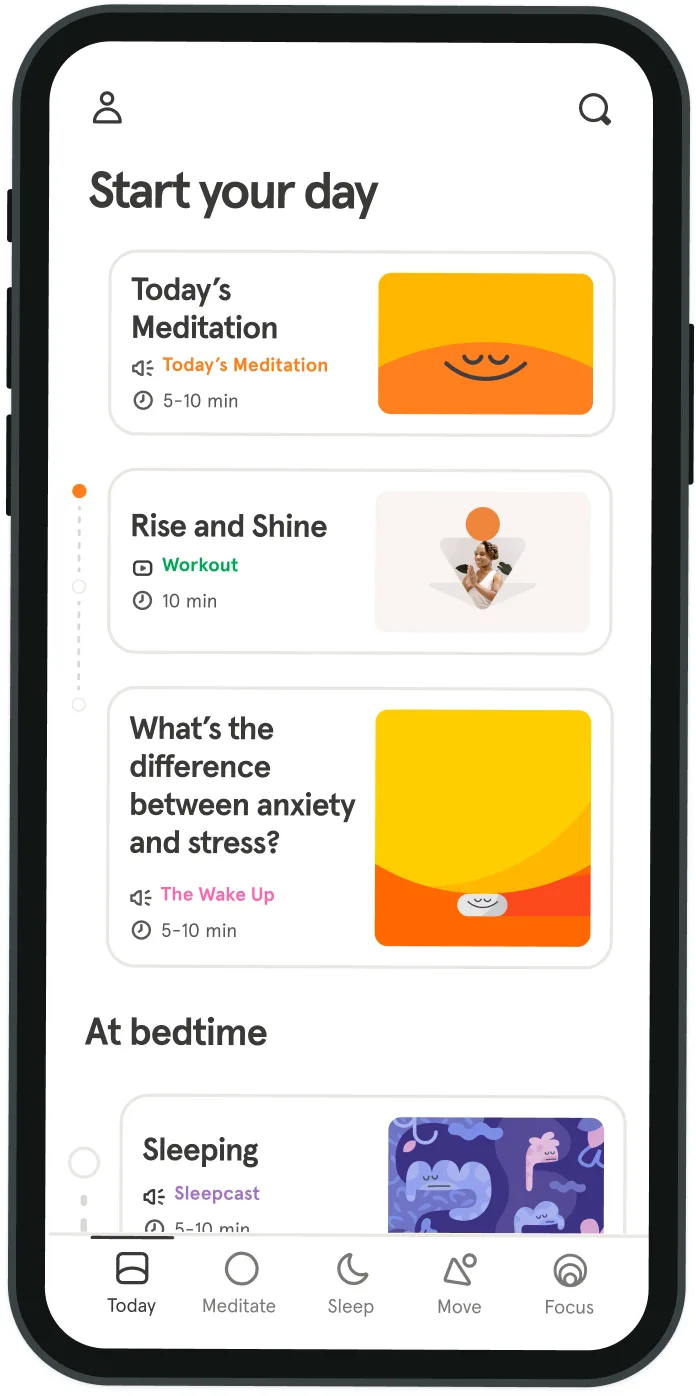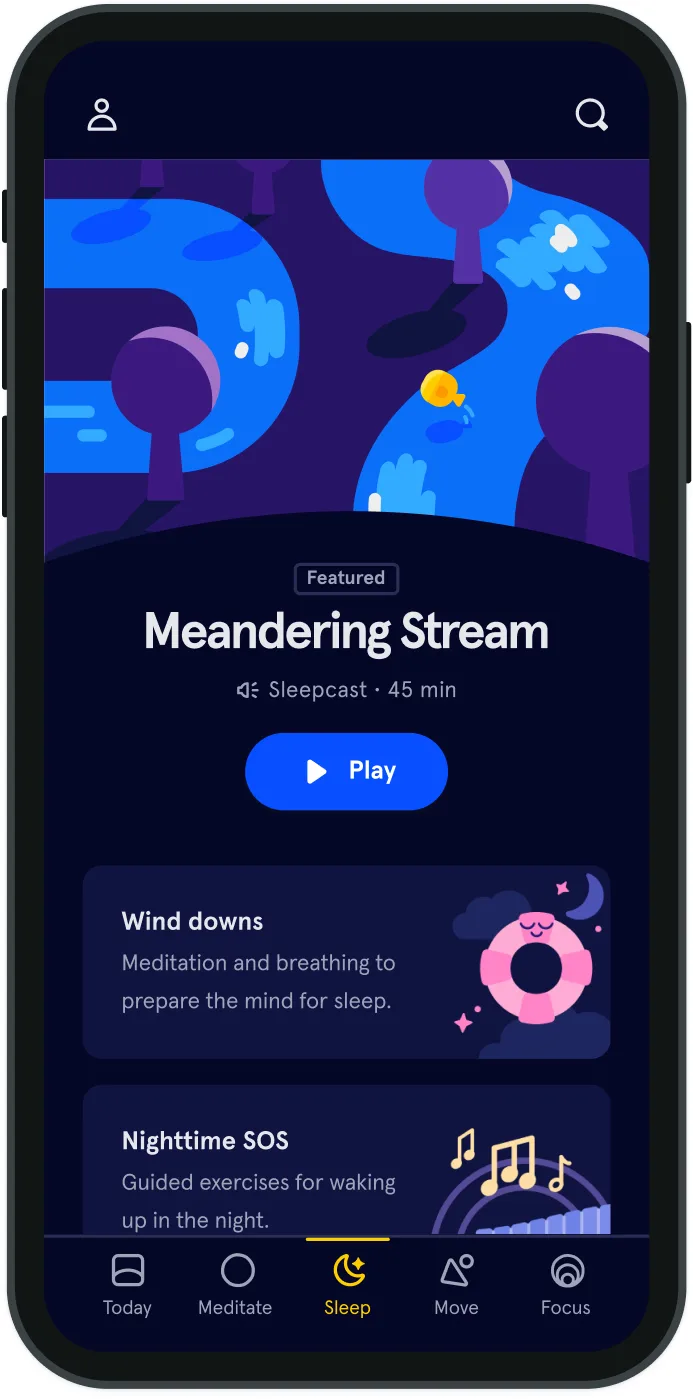How to beat school stress from the top down
For many, rounding out the year means squeezing in more social gatherings, more traveling, and inevitably, more work as we race to the finish line. But an educator’s end of year is even more jam-packed with final examinations, academic and behavioral assessments, tidying up classrooms, filing paperwork and preparing to be scrutinized and reviewed on not only their personal performance - but on the performance of all their students. It’s no wonder that this proves to be a trying time for teachers across the world.
Recent reports point to an alarming escalation of stress among teachers. A survey of more than 30,000 U.S. educators revealed that 78% of them were physically and emotionally exhausted at the end of the day. And earlier this year, the BBC reported that of 3,500 NASUWT teaching union members, 83% had reported workplace stress and 67% said their job has adversely impacted their mental or physical health. According to UK insurance claims figures, stress accounts for more than double the number of days taken off work for illnesses like the cold or flu. If stress is the single biggest reason for taking time off work among teachers, then it’s imperative to alleviate the damaging effects of stress before they take hold and spread to others, including students. Yes, stress spreads. A stressed or overwhelmed teacher could disengage from their work, resulting in students losing hope and in turn, disengaging themselves. A 2012 poll of more than 7,200 U.S. K-12 teachers found that nearly 70% of are not engaged in their work. Moreover, of 600,000 US students polled in 2013, those who said they had at least one teacher who ‘makes them excited about the future’ were 30 times more likely to be emotionally engaged at school. It’s no surprise student engagement is a driver of performance. But if you want to see more numbers, an in-depth study of 78,106 students in 160 U.S. schools found that just a 1% increase in student engagement was associated with a 6-point increase in reading achievement and an 8-point increase in math achievement scores. Parents also play a role, but unfortunately recent research suggests only 20% of U.S. public school parents are fully engaged with their child’s school. While knowing this may add even more pressure to educators worldwide, there are some science-backed techniques to alleviate daily stress and rejuvenate the mind to start each day with more resilience.
Breathe
It might seem intuitive, but so many of us end up holding our breath, especially when we’re stressed. Breathing exercises work with the cardiac muscle to shift our vagal tone toward a parasympathetic balance - in other words, simply breathing takes our body from a fight-or-flight state towards a calm and balanced state. Even a few minutes a day, or done right before your class begins, can have amazing benefits. 4-4-6-2 Breath
- Breathe into the diaphragm through the back of the throat for 4 seconds
- Hold for 4 seconds
- Breathe out slowly through the back of the throat for 6 seconds
- Hold empty breath for 2 or more seconds
If you want a deeper practice, try Pranayama, the art of yoga breathing.
Meditate
Scientific research over the past decade has shown interesting brain differences between meditators and non-meditators. For instance, the brain areas governing emotional reactivity seem to be shunted in meditators. As a more immediate mechanism to reduce stress, it can also trigger the body’s relaxation response (the opposite of the fight-or-flight response). With practice, the brain can be rewired, resulting in elevated feelings of mindfulness, equanimity, even compassion and empathy. The good news is that it doesn’t take decades of sitting cross-legged to benefit from meditation’s effects. Even short 10-minute meditation practice can help you start your day with a positive attitude, and more resiliency against stress. The Headspace app offers daily 10-minute meditations for 10 days. That’s enough time to see if you like it, and maybe experience some of the benefits for yourself.
Sleep Better
First off, getting more hours of shut-eye is critical for our health and our sanity. Losing sleep can feed the inflammation already fueled by stress. But there are ways to improve your sleep hygiene (and some tips to hand off to your students). Curb the afternoon coffee. Caffeine stays in the body for several hours after you consume it. And new research suggests it may even disrupt the body’s natural circadian rhythm, proving to be almost as bad as bright blue lights (shut down that laptop!) in shifting this delicate biological rhythm. So you may want to limit your coffee to the morning, or even switch it for catechin-rich green tea.
Say No
I can say this from experience - and even seeing my mother juggle her own classroom and students - being short on time makes it even harder for us to say no. Perhaps we are too busy to recognize our time-deprived schedule, but being stressed and tired automates our behavior, so that we say yes to more and more out of sheer habit. Planning and rehearsing how to say “I wish I could, but I can’t really take on more responsibilities” - before the task is asked of us - will habituate us to respond this way. And in this way, we act with our original intention, rather than emotionally react to an already stressful situation. These, along with taking the time to enjoy what you enjoy most, whether it’s family time, solo hiking, petting your pets, exercising, or simply laying around listening to music, will shift the stress response towards a healthier and more balanced state of being. Educators are also caretakers, so caring for ourselves is critical to the wellbeing of our communities.



Be kind to your mind
- Access the full library of 500+ meditations on everything from stress, to resilience, to compassion
- Put your mind to bed with sleep sounds, music, and wind-down exercises
- Make mindfulness a part of your daily routine with tension-releasing workouts, relaxing yoga, Focus music playlists, and more
Meditation and mindfulness for any mind, any mood, any goal
- © 2024 Headspace Inc.
- Terms & conditions
- Privacy policy
- Consumer Health Data
- Your privacy choices
- CA Privacy Notice
